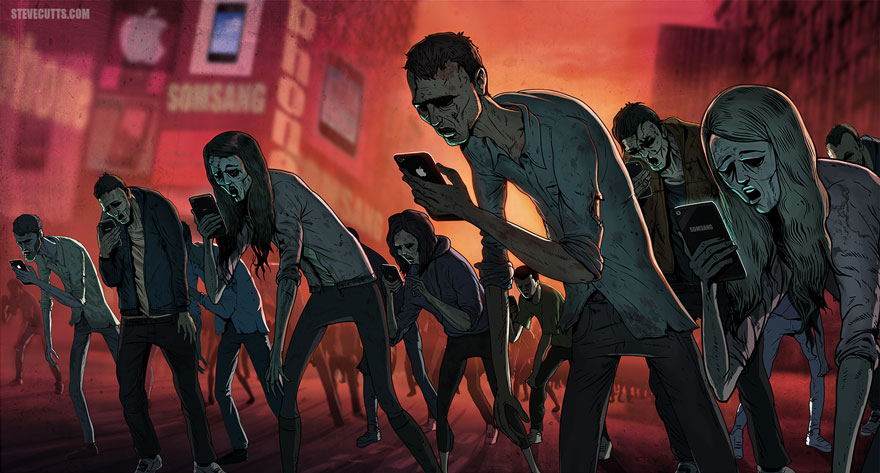Black Mirror showed us the scary, dark side of technology. But with SenseTech, a global mobilization initiative of MakeSense, the power of technology can be harnessed to achieve the sustainable development goals.
In the Philippines, the related event held on February 22, 2018 at Penbrothers Makati focused on sustainable agriculture. The speakers were Jim Cano of Young Professionals for Agricultural Development (YPARD) Philippines; Rodolfo Ramirez of 8layer Technologies; and Jericho Arellano and Ian Mia from the start-ups, LakbayAnihan and Lungtian, respectively.
![IMG_20180220_193148[1]](https://greenmindedryan.wordpress.com/wp-content/uploads/2018/02/img_20180220_1931481.jpg?w=840)
The discussion highlighted some of the issues of the agriculture sector such as lack of government support, uninterested youth, and technology not being maximized due to limited internet connectivity. However, it was noted how SMS or text messaging in itself can already be a helpful tool in providing critical information. This access to relevant information paired with collaboration can magnify the positive impact of technology.
The Tech for Agri event also featured the special performance of artist Jean Paul Zialcita who uses unconventional musical instruments such as water container, goat horns, pieces of wood, and others.
MakeSense is a growing community that is mainly run by volunteers with about 22,000 members worldwide. They empower people to engage in projects and help social entrepreneurs solve concrete challenges to contribute to solutions for some of the biggest problems we face today.


